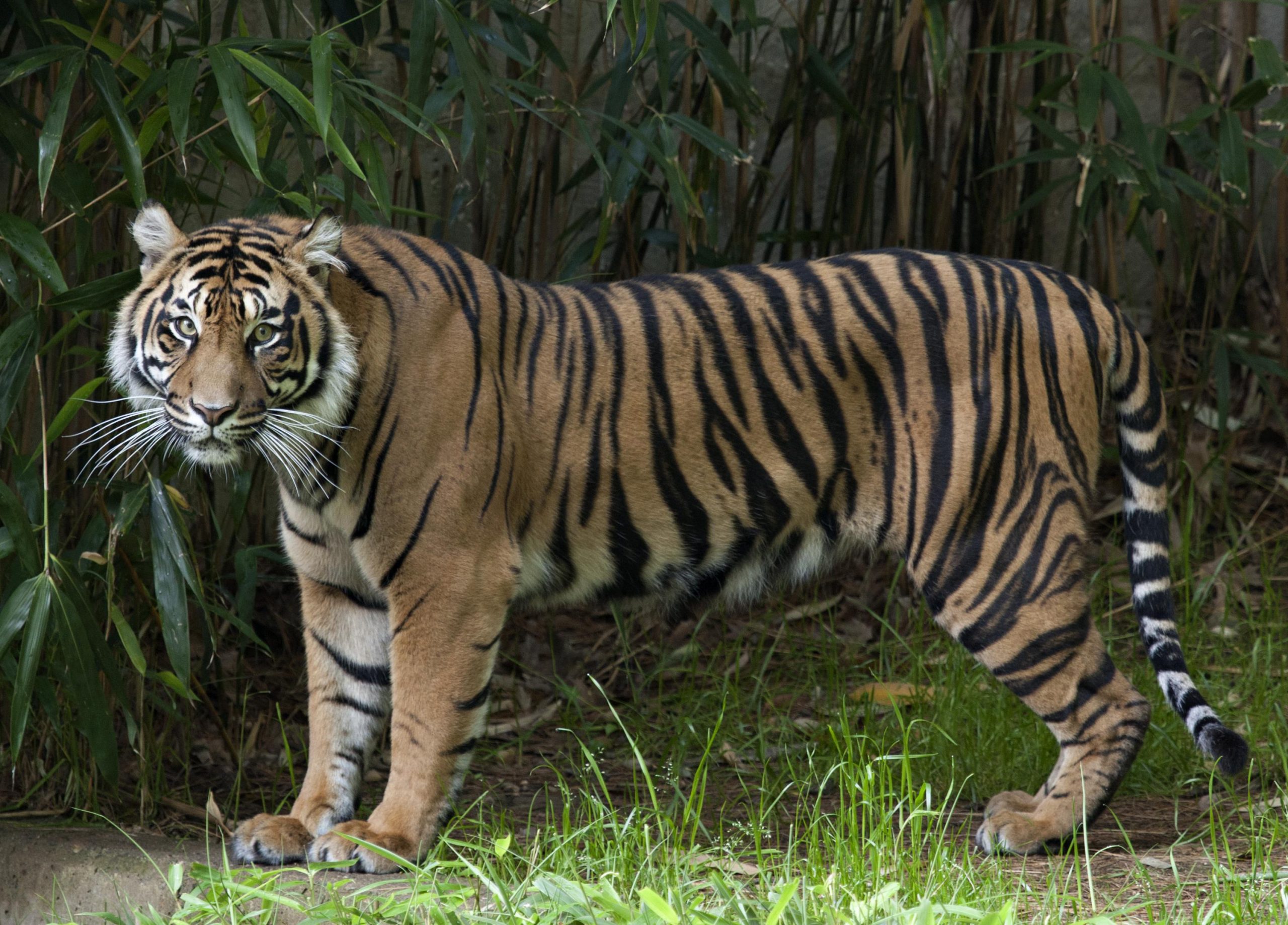A bill propelled by the Netflix reality series Tiger King to ban private ownership of big cats such as lions, tigers, jaguars, and cheetahs passed the House on Friday evening.
In a 278-134 vote, the bill passed with bipartisan support and restricts big cats to captivity in zoos, universities, and wildlife sanctuaries due to the public safety risk posed by private ownership of large predators. Carole Baskin, one of the stars of Tiger King and nemesis of main subject, Joe “Exotic” Maldonado-Passage, lobbied for the bill over the two years since the series was released.
JOE EXOTIC FILES FOR DIVORCE FROM HUSBAND TO MARRY PRISON LOVER
Some Republicans opposed the bill on the grounds it duplicates state-level regulations and that their limited time remaining before the August recess should be spent addressing more pressing issues, such as inflation.
However, many signed on for the public safety aspects. There have been incidents in which law enforcement officers were endangered when called to a residence with a tiger or lion but weren’t aware of the predator until they arrived on the scene.

“While I understand and agree that we want to reduce dangerous encounters between the public and big cats, I cannot support this bill because it is an overreaching, duplicative, and precedent-setting proposal that has already served as a blueprint for pending legislation on other species,” Rep. Bruce Westerman (R-AR) said in the Rules Committee hearing Wednesday.
The Big Cat Public Safety Act also stipulates that the animals must be in enclosures that keep them 15 feet away from members of the public, which strikes the “cub petting” industry, in which customers can pose for pictures and play with tiger cubs. This was one of the hallmarks of Exotic’s Oklahoma zoo. He is currently serving a 22-year prison sentence for violations regarding his animal collection and putting out two hit jobs on Baskin.
People or private entities that already own big cats will be allowed to keep their pets under the new legislation if they register them with the U.S. Fish and Wildlife Service and don’t allow public interaction.
The bill will likely pass the Senate if it comes up for a vote. A version of the act cleared the House in 2020, but the Senate ran out of time to pass it before the session expired.
CLICK HERE TO READ MORE FROM THE WASHINGTON EXAMINER
The Biden administration supports the legislation, and the president is expected to sign the bill if it comes to his desk.
“This bill would help ensure the health and welfare of these animals, protect the public from the dangers associated with private ownership of large cats, and strengthen our ability to combat illegal trafficking of wildlife,” the administration said in a statement.
Tiger King rocketed to popularity in the weeks following the first COVID-19 lockdowns in the spring of 2020 and brought to light the issue of private ownership of large predatory cats.

